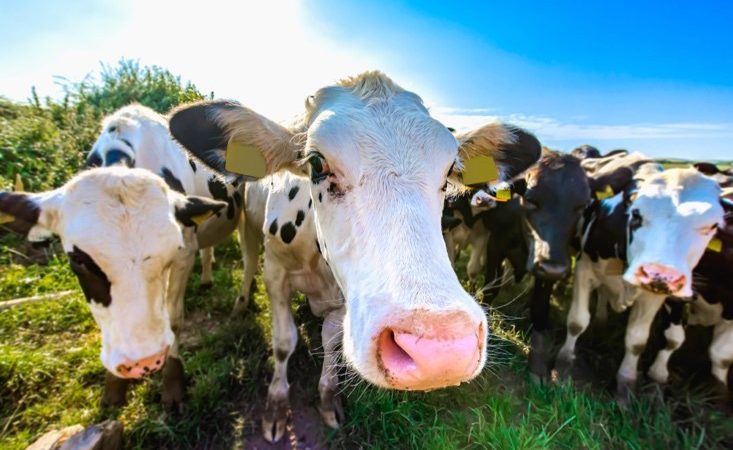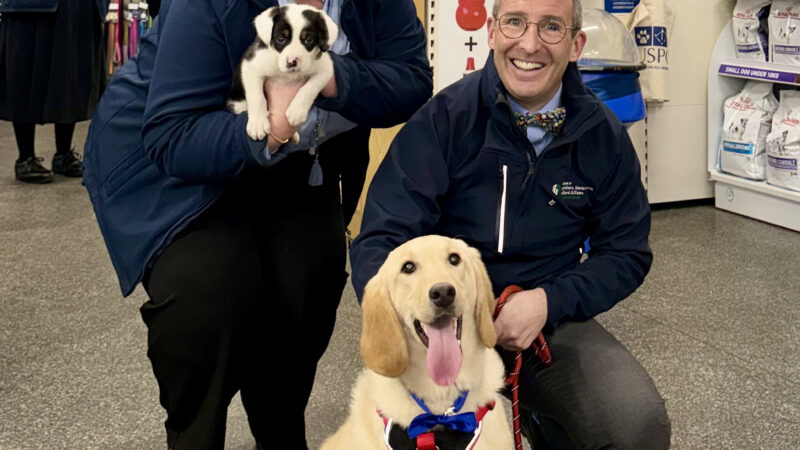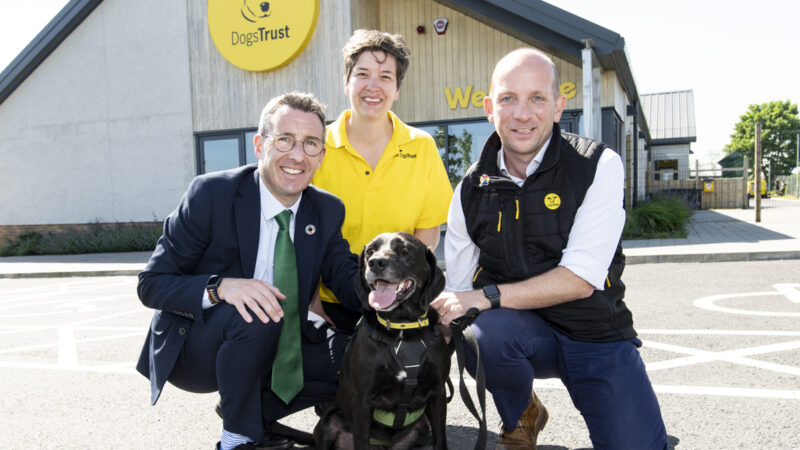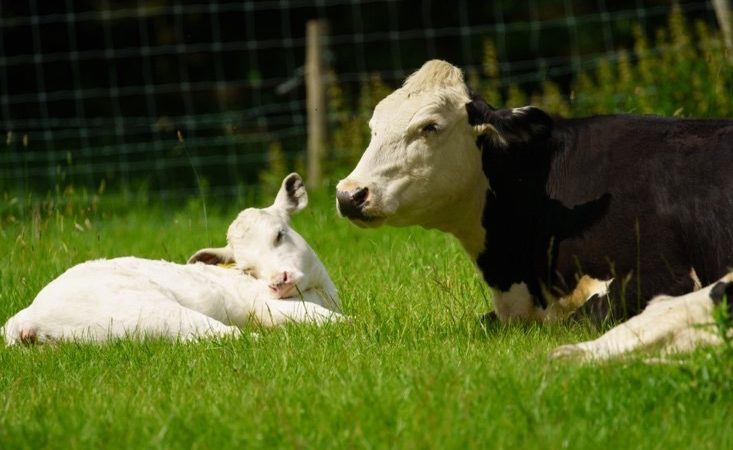Queen’s welcomes NI veterinary school analysis
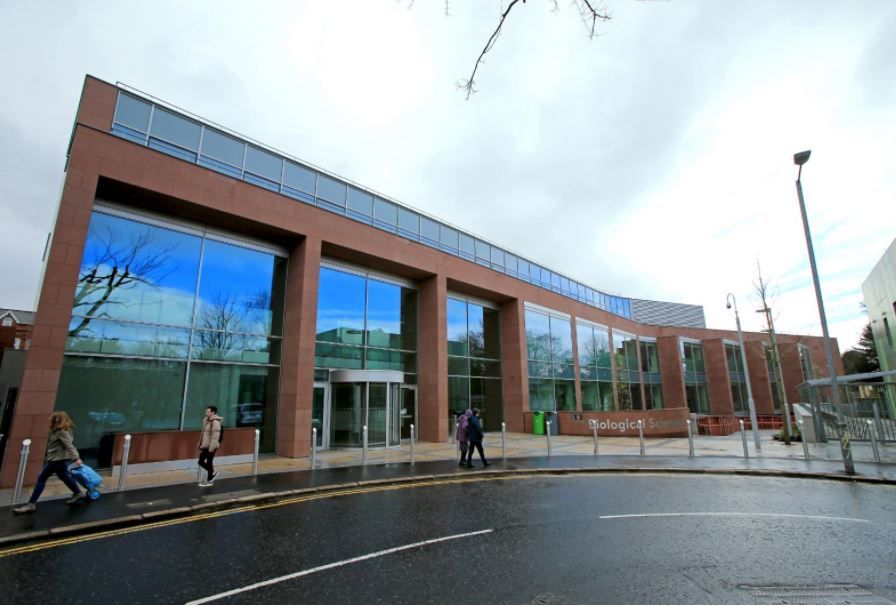
Institute for Global Food Security hails 'major advance'
The Institute for Global Food Security at Queen’s University Belfast has welcomed the news that a veterinary school could soon be established in Northern Ireland.
IGFS Director Prof Nigel Scollan, below, said the possibility of training a workforce in veterinary medicine and surgery is a major advance for animal health and welfare, and the agri-food sector in NI.
He added: “This is very welcome news. The need for a veterinary school for Northern Ireland is evident and pressing and the strategic timing is very appropriate.
The Department of Agriculture, Environment and Rural Affairs (DAERA) announced last week that options for an increased veterinary supply locally, including the introduction of a third-level education option, would be considered in an analysis involving both Queen’s University and Ulster University.

The “analysis of options” is designed to deliver more vets for Northern Ireland and stop the brain drain caused by students travelling to Great Britain or Dublin to study veterinary medicine and, in many cases, not returning home afterwards.
It will be taken forward by DAERA in partnership with the Strategic Investment Board, under the joint oversight of DAERA’s Chief Veterinary Officer and senior representatives from Queen’s and Ulster universities, with an announcement on the best potential outcome expected by the end of the year.
The BVA in Northern Ireland had already hailed the news. Northern Ireland branch president Mark Little, below, said: “We warmly welcome the announcement of this options review, which demonstrates how much the Executive values the role of the veterinary profession in the success of Northern Ireland’s agri-food industry.
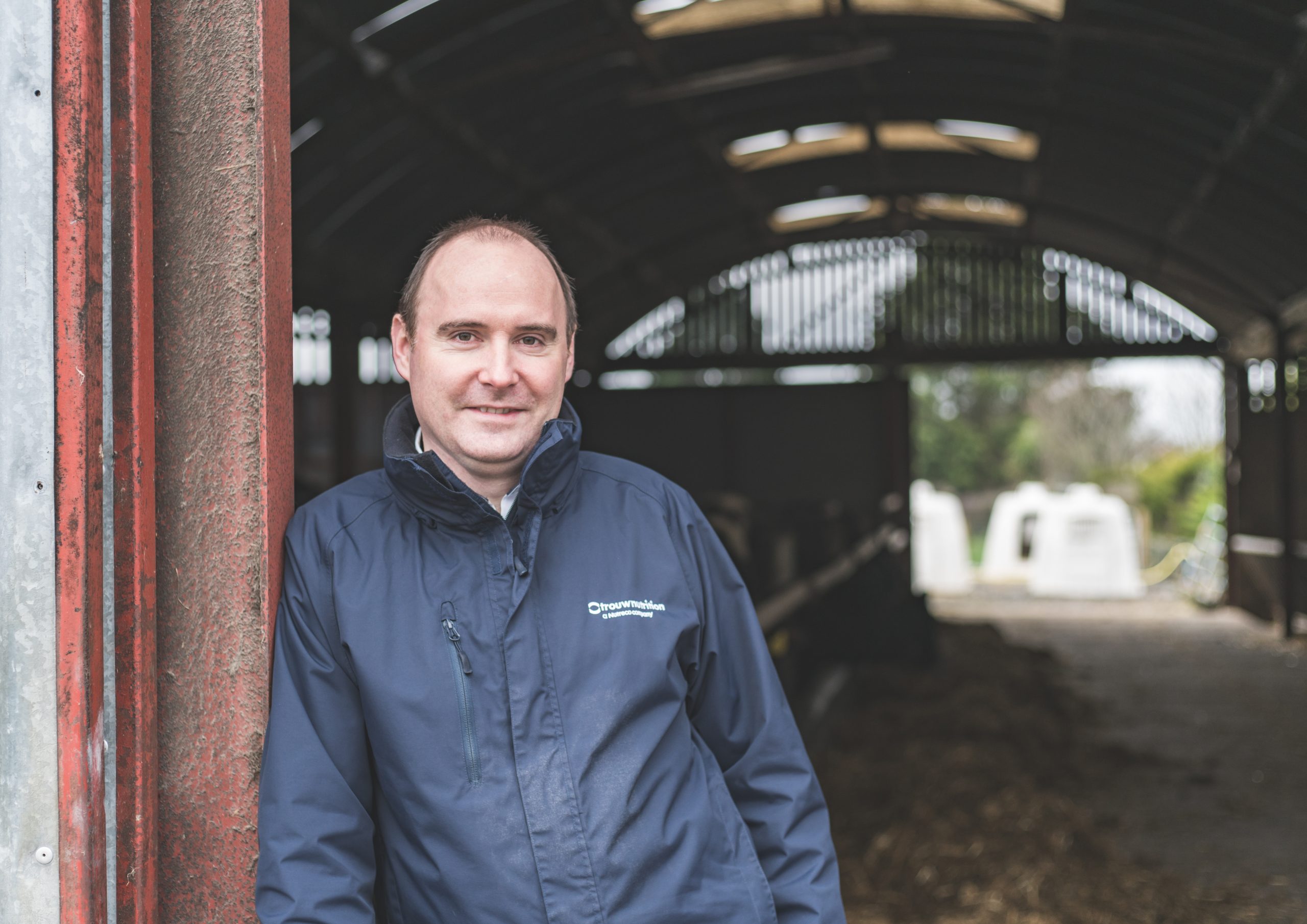
Prof Scollan added: “There is considerable relevant expertise already based within Queen’s, AFBI, Ulster University, CAFRE, DAERA, and within the commercial animal-health sector to deliver a veterinary curriculum and contribute to wider health and life sciences.
“As well as providing skilled professionals, a veterinary school would deliver research and innovation activities that would drive economic growth and attract inward investment.”
Northern Ireland’s vet shortage was recently highlighted when its chief veterinary officer, Dr Robert Huey, below, told a Stormont’s Agriculture, Environment and Rural Affairs Committee that official checks goods now required due to the NI Protocol were currently being carried out by just 12 vets.
Dr Huey warned that Northern Ireland could soon have to carry out the same number of agri-food checks as the EU currently does as a whole.
‘Particularly exposed’
Announcing the options report, Agriculture Minister Edwin Poots said: “I have been concerned for some time that Northern Ireland may not attract sufficient veterinary surgeons to meet the needs of the local agri-food industry in the future, and I have been keen that my department continues to explore options for a more secure supply of vets for Northern Ireland on a longer-term basis.”
“Northern Ireland is particularly exposed in this respect as its agri-food industry depends so much on exports, and a high animal health and welfare status; while it is the only region of the UK that does not have its own indigenous veterinary education facility.”


